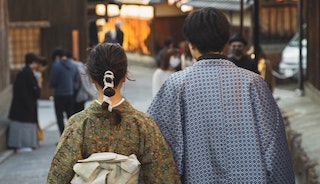In the Keihoku district on the northern edge of Kyoto City, a free school operating out of a former elementary school has become a sanctuary for children who struggle to attend regular classes, offering not only a second chance at learning but also a place of emotional safety for both students and their parents.
A proposed ordinance in Otsu, western Japan, that would effectively lower salaries for public kindergarten teachers by aligning them with the lower pay scale of nursery staff has drawn strong backlash, with a citizens’ group submitting more than 8,000 signatures to the Otsu City Council chair on February 26th calling for a review of the plan.
The financial burden of Japan’s competitive junior high school entrance exams is coming under renewed scrutiny, with a popular manga series offering a lens through which to examine whether the process delivers value for families willing to spend heavily in pursuit of academic success.
In recent years, awareness of reproductive health has expanded significantly across Japan.
In this professional critique, I demonstrate how subtle changes in shadow, color temperature, and value contrast can transform flat shapes into convincing three-dimensional form. (Watercolor by Shibasaki)
Around 16,500 students travel to Ireland each year to study English. In this report, 34 students from Immaculate Heart University in Kagoshima, Japan, spend a month in Dublin attending classes at the Language Centre of Ireland on Grafton Street , the third group from their university to do so. (TRNGL)







